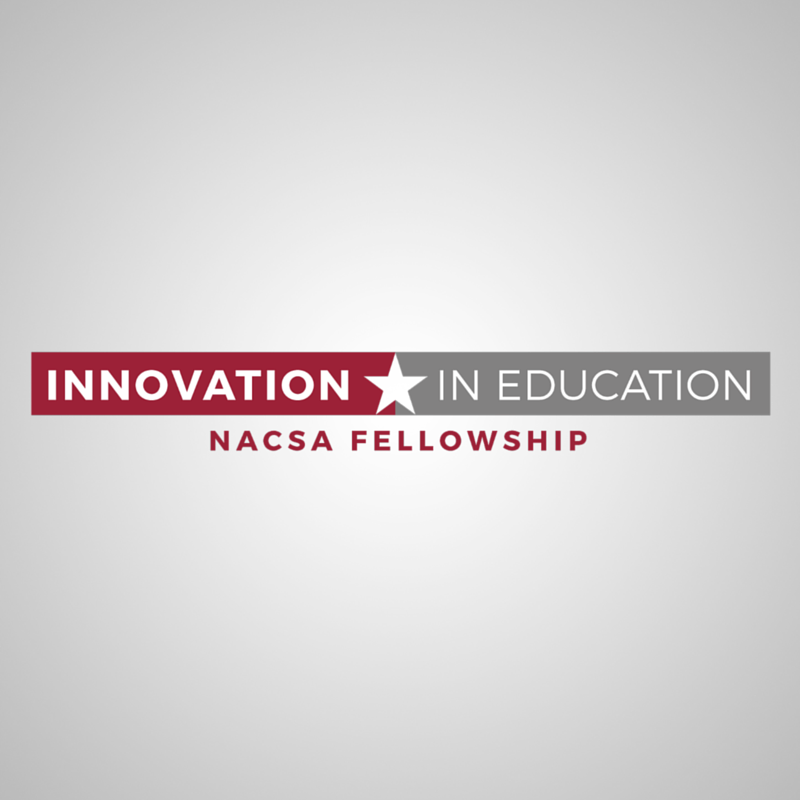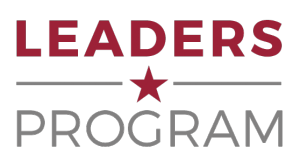NACSA Blog
Press Releases
 |
NACSA Announces Second Cohort of Authorizing Fellowship Program at University of MinnesotaProgram continues to build pipeline of charter school authorizing talent Today, the National Association of Charter School Authorizers (NACSA) announced the second cohort of its Innovation in Education Fellowship at the University … |
 |
NACSA Names a Dozen Prominent Authorizing Professionals to Leaders ProgramToday, the National Association of Charter School Authorizers (NACSA) announced the selection of the fifth cohort of its NACSA Leaders Program, a highly-selective and rigorous program providing leadership, management and authorizing training … |
 |
NACSA Applauds Passage of Washington State Bill to Save Charter SchoolsCHICAGO – Yesterday, the Washington State House of Representatives passed SB 6194, a bipartisan bill allowing public charter schools to continue operating in the state. In response, Greg Richmond, president and CEO … |
 |
New Report Examines Loophole that Allows Failing Charter Schools to Remain OpenCalls to close loophole known as “authorizer shopping” in order to provide better opportunities for kids A new report released today by the National Association of Charter School Authorizers (NACSA) finds authorizer … |
 |
New Report Highlights Closure and Composition Trends in National Charter School Authorizing LandscapeToday, the National Association of Charter School Authorizers (NACSA) released its annual State of Charter Authorizing (SOCA) report through an interactive website featuring the largest amount of data about authorizing trends in … |
 |
Charter School Authorizers Group Issues 2012 Professional Practice IndexThe National Association of Charter School Authorizers (NACSA) today released its 2012 Index of Essential Practices, a set of professional practices to guide quality charter school approval and monitoring. Good charter school … |
 |
Beware Charter School Authorizer ShoppingThe Fort Wayne, IN Journal Gazette, published an op-ed over the weekend by NACSA president and CEO, Greg Richmond. Richmond warns against the dangers of charter school forum shopping whereby a charter … |
 |
One Million Lives In Action: Ball State UniversityAlthough Ball State University’s Office of Charter Schools has faced some tough criticism in the past, it is working to set an example of how an authorizer can drastically improve its policies … |
 |
New CREDO Study Finds Massachusetts Charter School Students Making Greater GainsA new report from the Center for Research on Education Outcomes at Stanford University (CREDO) “found that the typical student in a Massachusetts charter school gains more learning in a year than … |
 |
NACSA Commends KIPP on Strong Student AchievementNACSA’s president and CEO, Greg Richmond, issued the following statement regarding the KIPP Middle Schools: Impacts on Achievement and Other Outcomes study released yesterday by Mathematica Policy Research: “Today’s Mathematica Policy Research study on the positive … |
 |
KIPP Impact: “Statistically significant, and educationally substantial”Mathematica Policy Research, a nonpartisan research firm, has released a new study of KIPP middle schools. The study, funded by Atlantic Philanthropies, found that “The average impact of KIPP on student achievement is … |
 |
UFT Charter School Gets Improve-or-Close RenewalThis morning, the Charter School Committee of the Board of Trustees of The State University of New York (SUNY), the governing body of the SUNY Charter Schools Institute decided to renew the charter of U.F.T. … |
 |
More on Authorizer Accountability in MichiganEastern Michigan University’s Charter Schools Office Director Malverne Winborne weighs in on the recent report commissioned by the Michigan State Board of Education comparing the performance of authorizer portfolios across the state. … |
 |
Postcard from the Statehouse: Austin, Texas“Postcard from the Statehouse” will provide occasional updates on the travels of NACSA’s Policy Team as they advocate for strong authorizer policies across the country. Greetings from Texas! Yesterday, the Senate Education Committee heard … |
 |
No Exit?Imagine if you were in a contractual relationship with a service provider, and the provider told you that you couldn’t end the contract. A recent case in Florida illustrates why NACSA recommends … |